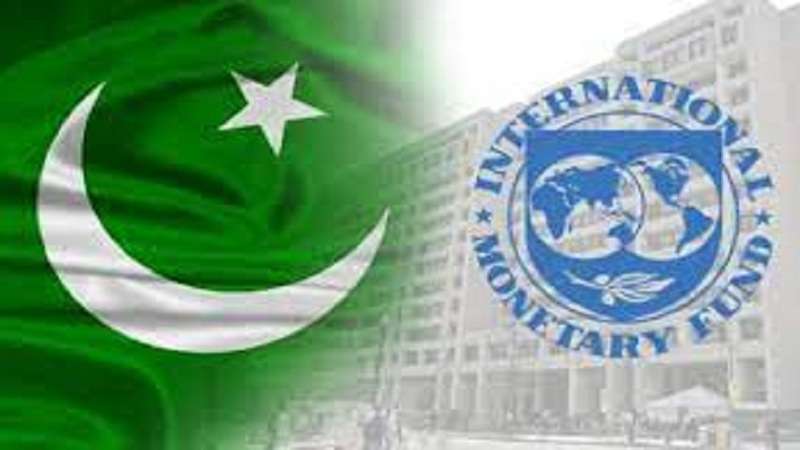Washington, DC, October 15, 2025 – The International Monetary Fund (IMF) and Pakistan have reached a Staff Level Agreement (SLA) paving the way for the disbursement of $1.2 billion, subject to approval by the IMF Executive Board.
The agreement marks a major milestone in Pakistan’s ongoing efforts to stabilize its economy, strengthen fiscal discipline, and advance structural reforms.
According to an official statement issued by the IMF, a team led by Iva Petrova held extensive discussions between September 24 and October 8, 2025, during visits to Karachi, Islamabad, and Washington, DC. The talks covered the second review under the Extended Fund Facility (EFF) and the first review under the Resilience and Sustainability Facility (RSF).
Key Details of the Agreement
At the conclusion of discussions, Petrova stated that the staff-level agreement reflects strong progress in Pakistan’s reform agenda. Upon approval by the IMF Executive Board, Pakistan will gain access to around US$1.0 billion (SDR 760 million) under the EFF and US$200 million (SDR 154 million) under the RSF. This will bring total disbursements under both programs to approximately US$3.3 billion.
Supported by the EFF, Pakistan’s economic program continues to entrench macroeconomic stability and restore investor confidence. The statement highlighted encouraging indicators: a current account surplus for the first time in 14 years, a fiscal primary balance exceeding program targets, controlled inflation, and strengthening external buffers. Financial conditions have improved, with sovereign spreads narrowing considerably.
Economic Challenges and Climate Resilience
Despite positive trends, the IMF warned that recent floods have adversely affected nearly seven million people, destroying homes, infrastructure, and agricultural land. These events have reduced projected FY26 GDP growth to around 3.25–3.5%. The IMF emphasized that such disasters highlight Pakistan’s vulnerability to climate change and the urgent need to build resilience through sustainable policies and infrastructure investment.
The Fund praised the government’s continued commitment to its economic reform agenda, including fiscal consolidation, social protection, and governance reforms. Authorities have pledged to maintain sound macroeconomic policies and advance structural improvements to enhance transparency and efficiency.
Government Priorities
The IMF statement outlined several key areas of focus for the government:
• Fiscal Consolidation: The government aims to achieve a primary surplus of 1.6% of GDP in FY26, through better tax compliance, policy reform, and expenditure management. Emergency flood relief funding is being redirected from existing federal and provincial budgets.
• Social Protection: Authorities will enhance the Benazir Income Support Programme (BISP) to expand coverage and improve administrative efficiency. Non-BISP spending on health and education will also rise to support inclusive growth.
• Tax and Structural Reforms: Efforts are underway to simplify the tax code, enhance federal-provincial coordination, and improve public financial management. A new tax policy office has been established to lead medium-term reforms and reduce reliance on one-off measures.
• Monetary and Energy Policies: The State Bank of Pakistan (SBP) remains committed to a data-driven monetary policy to keep inflation within the 5–7% target range. Energy sector reforms include eliminating circular debt, adjusting tariffs for cost recovery, and improving distribution company governance through privatization initiatives.
Looking Ahead
The IMF reiterated that restoring the viability of Pakistan’s energy sector, enhancing fiscal discipline, and advancing climate resilience are essential for long-term stability. It also emphasized that building resilience to climate shocks must remain a national priority, citing recent progress on green mobility, water resource management, and disaster risk financing.
Concluding the statement, Iva Petrova expressed the IMF team’s sympathy for those affected by the floods and gratitude to the Government of Pakistan, private sector stakeholders, and development partners for their cooperation and hospitality throughout the mission.
With the IMF Executive Board’s approval expected in the coming weeks, Pakistan is set to receive another crucial injection of financial support, reinforcing the country’s path toward sustainable economic recovery and resilience.
